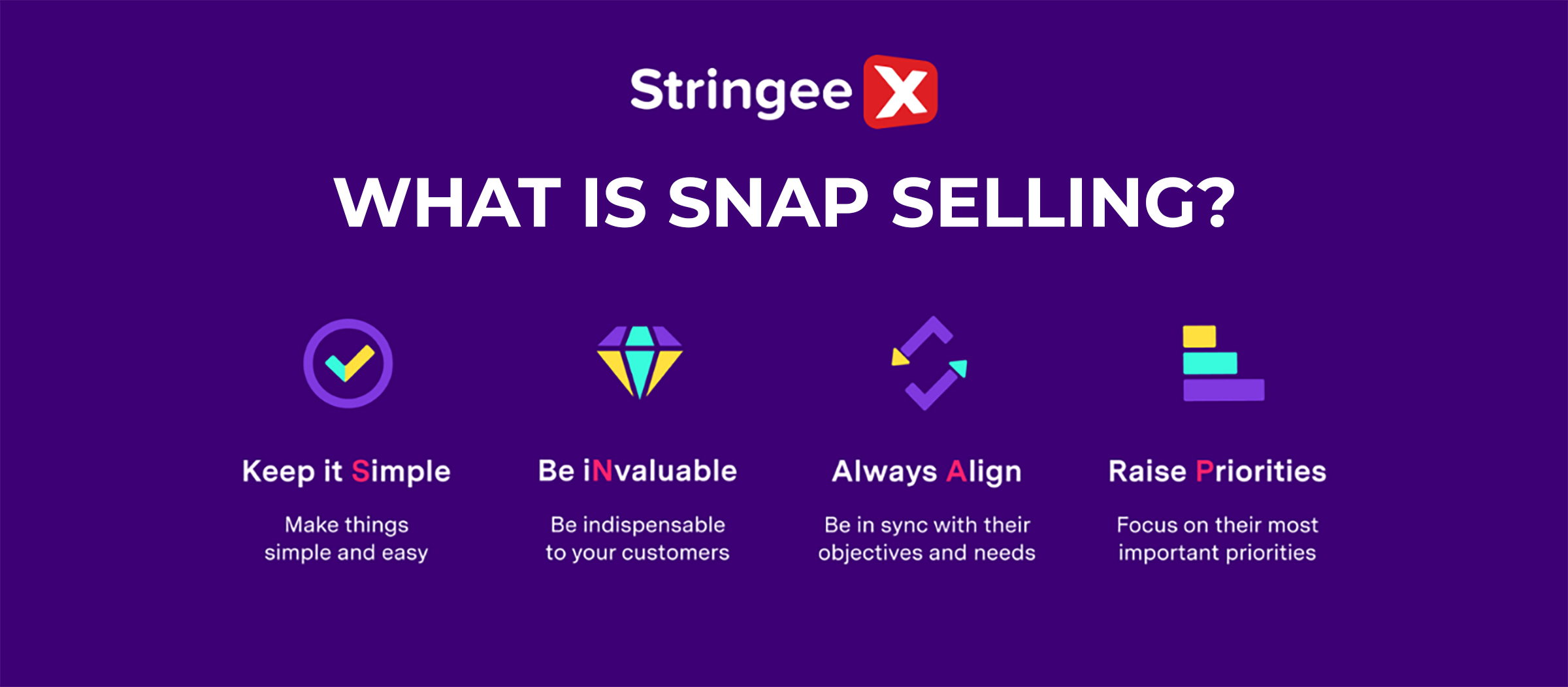Today's brands understand that people who are satisfied with their purchases frequently feel the most powerful. Customers are more likely to become devoted supporters of the firms that offer such service when interactions with them are prompt, courteous, and efficient.
Similar to this, agent empowerment is essential to creating these wonderful client experiences because a contact center's success depends on the expertise, composure, and general confidence of its staff. Here are several call center management tips for agent empowerment.
Duties & Responsibilities of Call Center Manager
In charge of hiring, training, supervising, and motivating agents is the call center manager. It's their responsibility to ensure that the teams they manage accomplish the objectives of their organization and offer adequate customer assistance, but there is a lot that goes into this process.
In general, the responsibilities of a call center manager combine team management, analytics, and human resource tasks. To make sure that these goals are achieved, they create goals for a call center's daily operations and examine call center data. Managers must collaborate with call center agents to achieve the major objectives of productivity and efficiency.
The person in this position seeks to see the big picture and identify potential improvements as they arise as part of effective call center management. Maintaining positive relationships with agents and pushing company procedures to develop more efficiently are some typical performance goals for call center managers.
Managers of call centers typically work in either the sales or customer service departments. In certain businesses, there might be just one department that fulfills both functions. Depending on the business, either the Director of Sales and Operations or a Customer Service Director is in charge of this job.
Call Center Management Tips for Empowering Agents

Call center management tips
Listen to your clients
However, customers will have important insights that you can't discover on your own. Implementing client satisfaction surveys following each encounter is crucial for this reason. Customer experience software, which includes survey capabilities that enable you to compute metrics like CSAT and NPS as well as get extra feedback on how to improve assistance, is the most effective way to accomplish this.
Hire people desiring to advance careers
While it's true that many people view a call center job as a stopgap on their way to something greater, you need to recruit the proper candidates and screen for those who want to build a career out of call centers if you want to enhance employee retention.
According to the McKinsey analysis, employees who have no ambition to advance are more likely to quit. Therefore, be careful to inquire about the candidate's professional objectives during the interview process. The age-old interview question, "Where do you see yourself in five years?" might show you whether a candidate wants to advance to a supervisory position or simply wants to leave call centers as soon as possible.
Provide a clear career path for call center agents
Promotion opportunities were the second most important driver of employee retention. Because of this, it’s crucial that you provide promotion opportunities and make them desirable. An agent has no incentive to improve their performance if they think their role is a dead end. Communicate to your team about how they can move up the ladder within your center and what kind of benefits that entails (better wages, for example).
Make yourself accessible to call center agents
MetricNet CEO Jeff Rumburg writing for ICMC notes that: Accessibility is one of the four qualities as being possessed by high-performing call center managers. Do you make yourself available to your agents when they need you, in other words? Do the agents believe they can communicate with you honestly?
Make it clear to your agents how to reach you. Building trust through open communication will go a long way toward influencing employee engagement and productivity.
Listen to your team
Listen to your team—supervisors, team leads, and agents in particular—if you don't frequently answer the phone personally to learn how your leadership impacts the front lines. Since they deal with clients on a daily basis, they will have knowledge that you might not.
So, how can a leader improve their listening skills?
Do not anticipate that every employee will come to you in person or message you on Slack whenever they have comments to share. You'll frequently need to ask for that input in several different methods. Here are a few concepts:
- Anonymous feedback forms
- Pulse checks
- Virtual town halls
- One-on-ones
Stop being too metric-focused
Call center metrics are an important, but not the only, tool to make sure your team is doing well. Avoid being sidetracked by a single metric to the point where you overlook the bigger picture.
For instance, even when your crew has received the best training imaginable, are hold times still too long? Consider more elements: Does the call volume increase even though the number of agents stays the same? So, expecting a quicker response is impractical. Utilize measurements, but also consider the big picture.
Plan regular one-on-one meetings
One-on-ones are scheduled meetings between managers and their direct reports to acknowledge achievements, talk about professional development, share feedback, and address queries. The majority of managers and direct reports concur that one-on-one meetings are crucial to team performance, according to the 2017 State of One-on-Ones report. The perceptions of managers and employees regarding the value of one-on-ones, however, differ.
DO:
- Provide a schedule in advance so the direct report understands what to expect: Make sure to provide a specific purpose to keep the discussion on track in the meeting's agenda.
- Talk about developing your career: Opportunities for promotion are a major motivator for call center workers. Make sure to emphasize professional development so the direct report may envision a future with your business.
DON'T:
- Don’t do all the talking: A one-on-one should be an occasion for the direct report to discuss problems and gain answers to questions they might not have otherwise raised, not for the manager to lecture.
- Don't use this time to micromanage: Even while you may decide to discuss the employee's metrics during a one-on-one meeting, this is not the time to become fixated on the data or attempt to micromanage. Instead of focusing on issues that need improvement, strive to locate outstanding things to highlight and commend.
Provide coaching and feedback
Coaching call center agents is a standard procedure for supervisors and QA experts. Here, a high-performing agent is paired with a low-performing one.
Why? This not only gives the underperforming agent constructive criticism to boost their performance, but it also fosters a greater feeling of community because the insights are coming from peers rather than superiors.
Select the best call center software for your team
The best call center software tracks metrics and provides performance statistics to help your team grow better. It even uses artificial intelligence to give real-time advice on how to enhance a call, giving you and your agents more time to focus on vital tasks.
StringeeX Call Center Software is one of the choices for managers to consider using for their customer service department.
Final Thoughts
Life in a call center is already stressful enough due to the high call volume and nasty consumers. Don't make an agent decide to leave because of you. Instead, be the reason your staff shows up to work each day prepared and inspired to perform at their highest level.
You have to answer to the corporate and your clients at the end of the day. They want to see that you're accomplishing your objectives, and you can't do that without a unified and driven team of agents. Utilize these call center management tips to enable your agents to operate at their peak potential.










